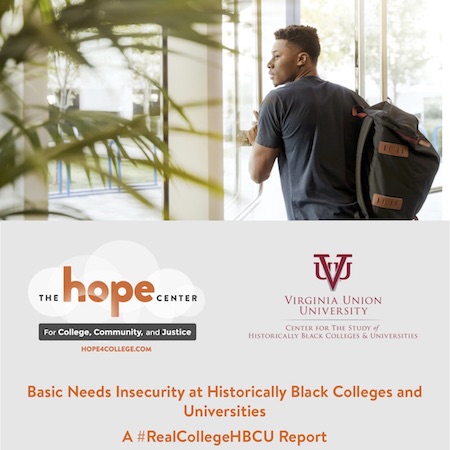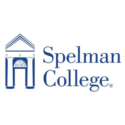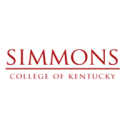 A new report from the Hope Center for College, Community, and Justice at Temple University in Philadelphia in conjunction with the Center for the Study of Historically Black Colleges and Universities at Virginia Union University in Richmond, has released a new report on how students at HBCUs were impacted by the pandemic.
A new report from the Hope Center for College, Community, and Justice at Temple University in Philadelphia in conjunction with the Center for the Study of Historically Black Colleges and Universities at Virginia Union University in Richmond, has released a new report on how students at HBCUs were impacted by the pandemic.
The report found that two-thirds of all HBCU students experienced basic needs insecurity. This is defined as having inadequate access to the following: nutritious and sufficient food; safe, secure, and adequate housing (to sleep, study, cook, and shower); healthcare to promote sustained mental and physical well-being; affordable technology and transportation; resources for personal hygiene care; and childcare and related needs. Nearly half of the respondents to the survey reported food insecurity within the prior 30 days before they responded to the survey. More than half had housing insecurity in the previous 12 months and 20 percent said they had been homeless in the past year.
Only 8 percent of HBCU students said they had been infected by COVID-19. But more than half said that a family member or close friend had been infected and 20 percent had a family member or friend who had died from COVID-19.
Nearly a third of survey respondents experienced anxiety due to the pandemic and 34 percent of HBCUs students felt depressed.
Forty percent of HBCU students who had a full-time job, lost their job as did 57 percent who held part-time employment. Another 18 percent of those HBCU students who had full-time jobs and 21 percent who had part-time jobs reported that they had fewer hours or lower pay than they did before the pandemic.
The full report, Basic Needs Insecurity at Historically Black Colleges and Universities, may be downloaded here.










